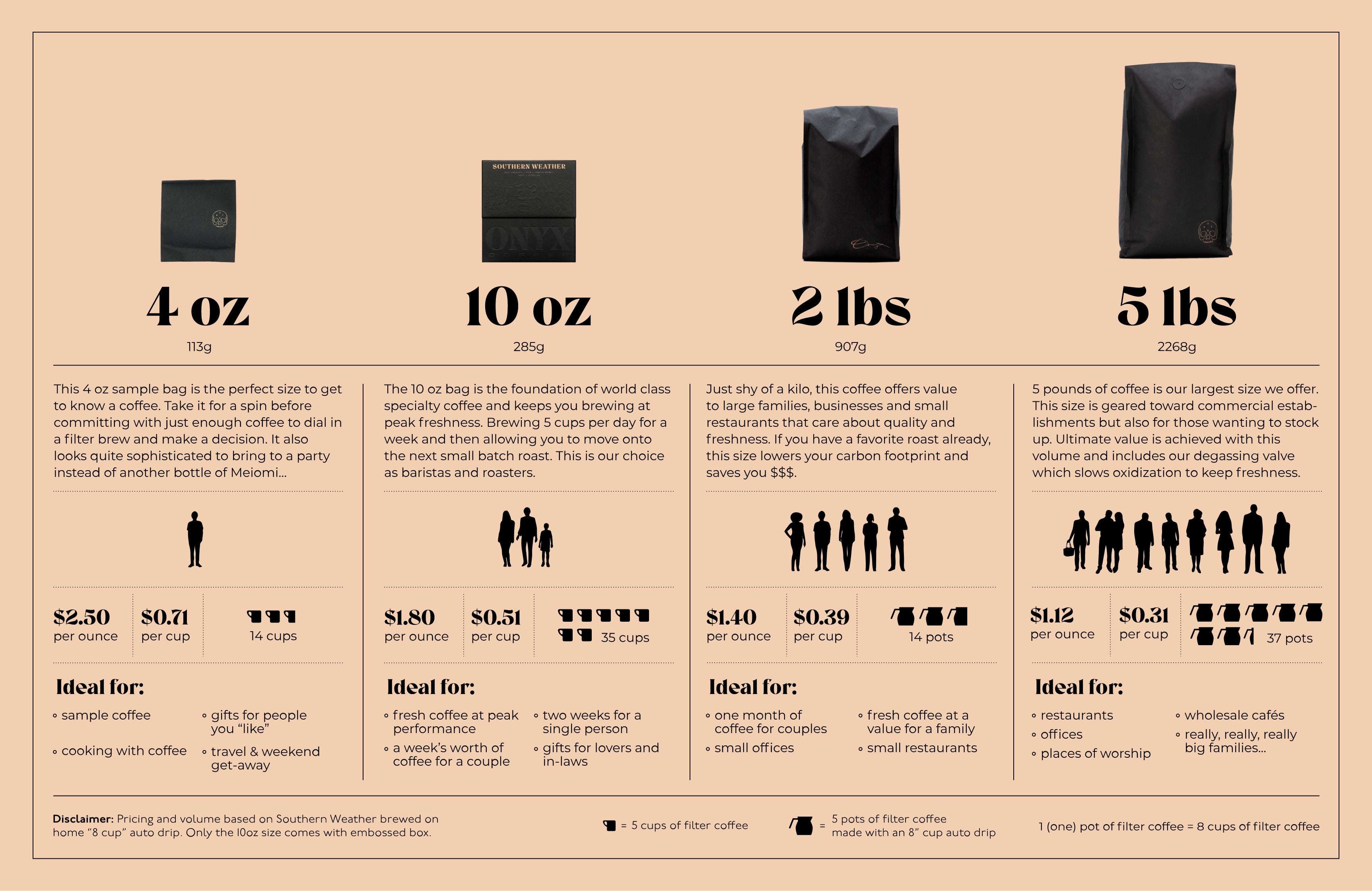Story
"LET'S TALK COFFEE" by Jon Allen
In 2022 Andrea and I were the keynote speakers for “Lets Talk Coffee” in Copan, Honduras. This is a pretty progressive conference that brings coffee producers, cooperatives, exporters, importers, roasters and other key industries together to discuss supply chain issues, agricultural trends, climate change, financial markets and discuss overall where the industry is headed. We brought our two small girls on the trip and enrolled them in the local school for a week while we cupped and discussed many nuances of the industry. It was an incredible week and it’s at this conference that we met Al Lopez. Owner of Finca Terrerito a 5th generation specialty coffee farm located in the heart of Copan. Al was key in welcoming us to the area, helping us navigate a few obstacles with our children and became a close friend. We also learned about how he advocates for not only his farm, but a group of small farmers around his land to help bring Copan’s specially coffee to market. It’s in this spirit that we cupped Finca La Unica and fell in love with their natural processed offering. After numerous cupping sessions with multiple producers and cooperatives we narrowed focus to this specific micro-lot. In the coming months we plan to extend this program with Al and we see a bright future ahead in Copan for Onyx and will begin to pilot new coffee programs with in the region with small producers.
NATURALLY PROCESSED COFFEE
Natural coffees are beautiful… Okay, natural coffees are beautiful when done properly, but can be equally terrible when things go wrong. Natural processing, or dry processing, refers to the act of drying and fermenting coffee inside the cherry. Long before the age of portafilter tattoos and dual-boiler home espresso machines, coffee was picked and dried this way out of convenience. It is, to this day, still the most convenient and economically friendly way to process coffee cherries. (It’s estimated that dry-processing can use up to 90% less water than the washing process.) So why isn’t all coffee processed this way? Well, as coffee made its way across the world, it was commoditized and standardized, just like all other products spread by colonialism, but that’s a whole other story... Adding to the boom of washed processing, the natural process method can be tricky to get right, due to the delicate nature of fermentation and drying. What does all this have to do with the final cup? Well, when you leave the skin and fruit of the coffee cherry on the seed throughout fermentation and drying, that fruit begins to break down, imparting esters that influence delicate florals and big fruit notes into the seed that survive the roasting process. If it’s rushed or handled incorrectly, this fruit rot can lend off-flavors to the coffee, making the final cup dirty or ‘fermenty.’ Basically that single cherry begins to slowly decay, and controlling that delicate action through advanced technique and metrics allow us, lucky folks, to drink wonderfully floral and fruity coffees.



